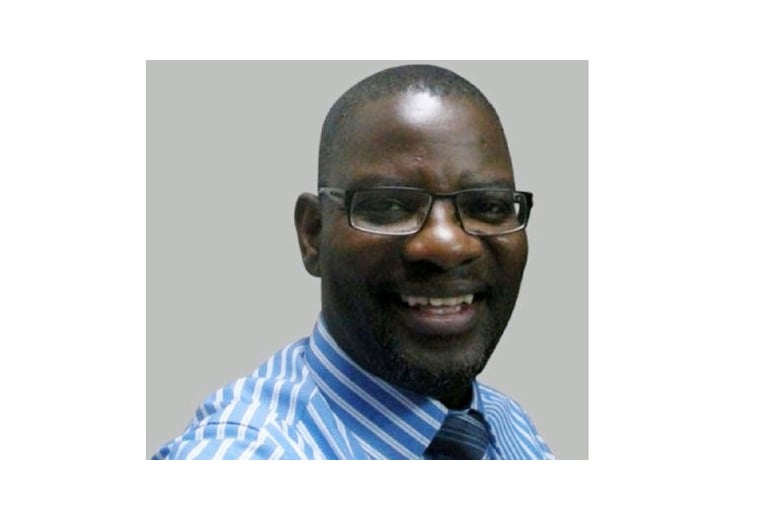Prime
Ex-US soldier says Africa should be recolonised. Do you agree?

Mr Musaazi Namiti
What you need to know:
- The total bill for government ministries, agencies and departments, stands at Shs 14.9b. Some have not paid their bills for years.
There are not many Ugandans who know Erik Prince. But those who take a keen interest in current affairs and international news have probably heard of him.
He is a former member of the US Navy Sea, Air and Land (SEAL), the elite special operations force, and is the founder of Academi (formerly Black Water), a private security firm remembered for its dark past in Iraq.
On February 8, he made shocking comments in an interview, but they were largely ignored by mainstream international media. He said Africa and Latin America were failing to govern themselves properly and needed to be (re)colonised.
About Africa, he said: “They are incapable of governing themselves and benefiting their citizens because the governments there are all about looting, pillaging and lining their pockets and going shopping in Paris…”
It was a sweeping generalisation, of course, because not all African countries are corrupt. But let us look at things that do not work and force foreigners to say we were perhaps not ready for independence.
We fail to perform very simple tasks. Last week, a heard that Uganda’s national referral hospital, Mulago, and several other public hospitals had failed to pay their water bills, and some had been disconnected.
The total bill for government ministries, agencies and departments, stands at Shs 14.9b. Some have not paid their bills for years.
You could say that this is a Ugandan problem, and it has nothing to do with other African countries. But look at South Africa, the continent’s most advanced economy. South Africans go without electricity for six hours, just like Ugandans in some parts of Kampala.
The country’s owes $26b (Shs100 trillion) and runs power stations that do not work properly, according to the BBC.
Across much of Africa, travel remains problematic. The Sudanese-British entrepreneur Mo Ibrahim once said: “If you are an African and you decide to visit every other African country and you are unfortunate enough to have an African passport, you are going to spend a year trying to get visas for all those 54 countries. I have to travel to the continent with my British passport.”
says travelling in Africa as an African is a challenge any traveller would love to hate. Inquiries about visas are not helpful. She wrote about embassy websites that were “last updated before the new millennium”.
“When you call the number on the website, it will likely not go through or you will get a message that the number no longer exists. Send an email to the general email address on the site and it will likely bounce back,” she wrote for Quartz in 2016.
All this is depressingly familiar. This month, I emailed Makerere University’s PR office to ask about students who graduated in 2021, 2022 and 2023 with undergraduate degrees. The office sent me four attachments, none of which had the answers I wanted. (Makerere has been around for more than 100 years.)
People who defend Africa’s track record often argue that its countries are still young. But a country does not have to be independent for a 100 years to be organised and to prosper.
A good example to illustrate my point: In May 2018, this newspaper interviewed then South Korea’s ambassador to Uganda, Kim You-Churl. Mr Kim said: “South Korea was behind Uganda in many aspects during the early 1960s.”
Look at Uganda today and you will see why Erik gets thumbs up.
Mr Musaazi Namiti is a journalist and former
Al Jazeera digital editor in charge of the Africa desk
[email protected] @kazbuk


